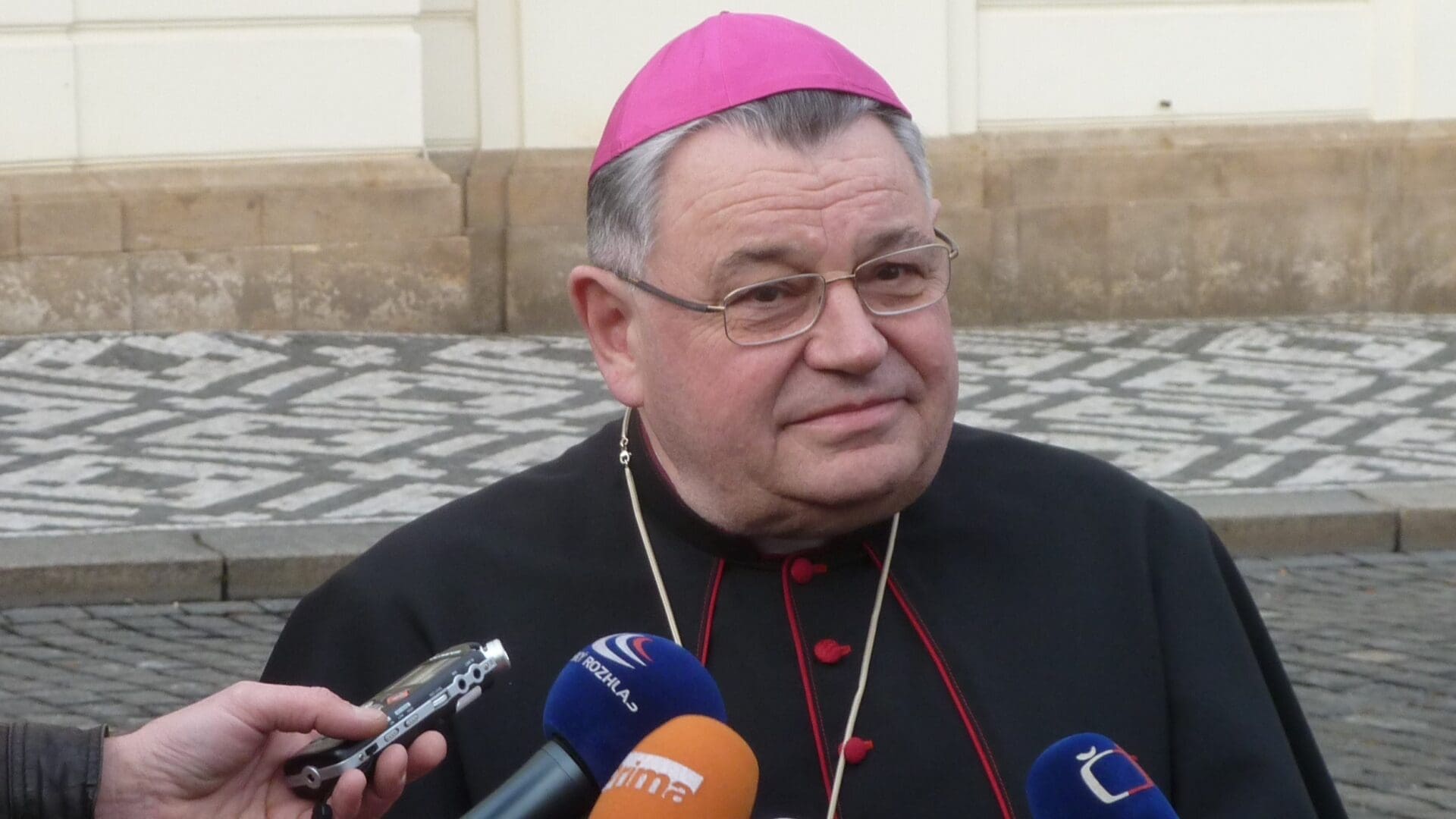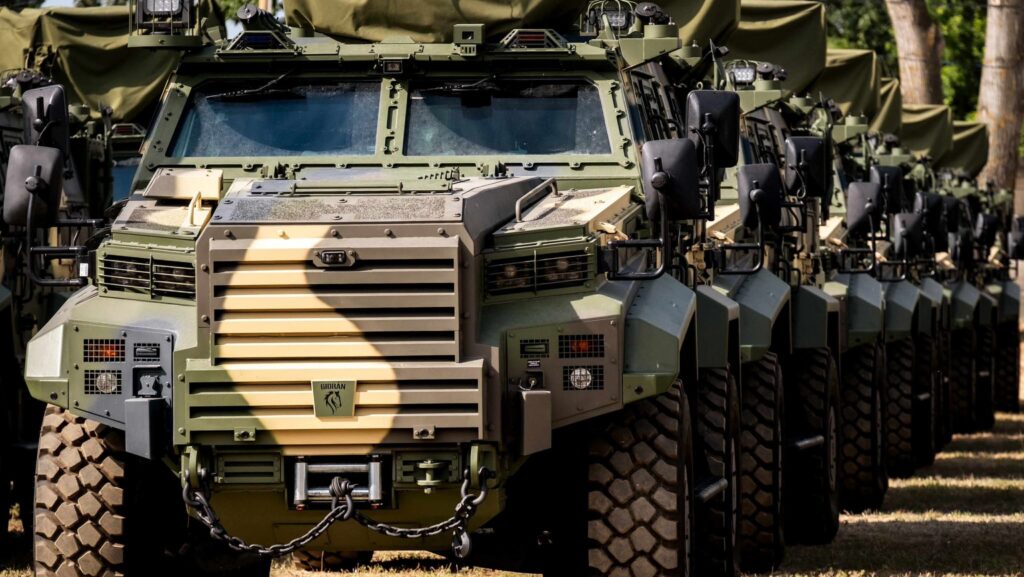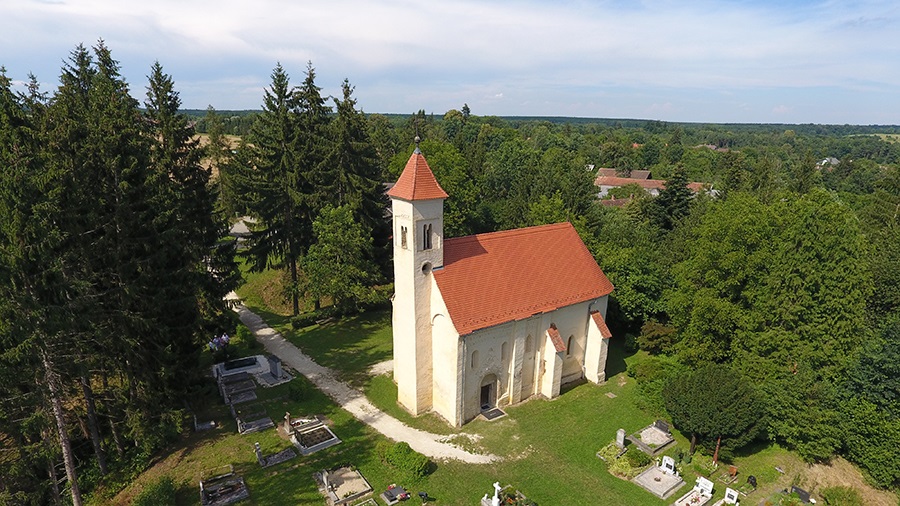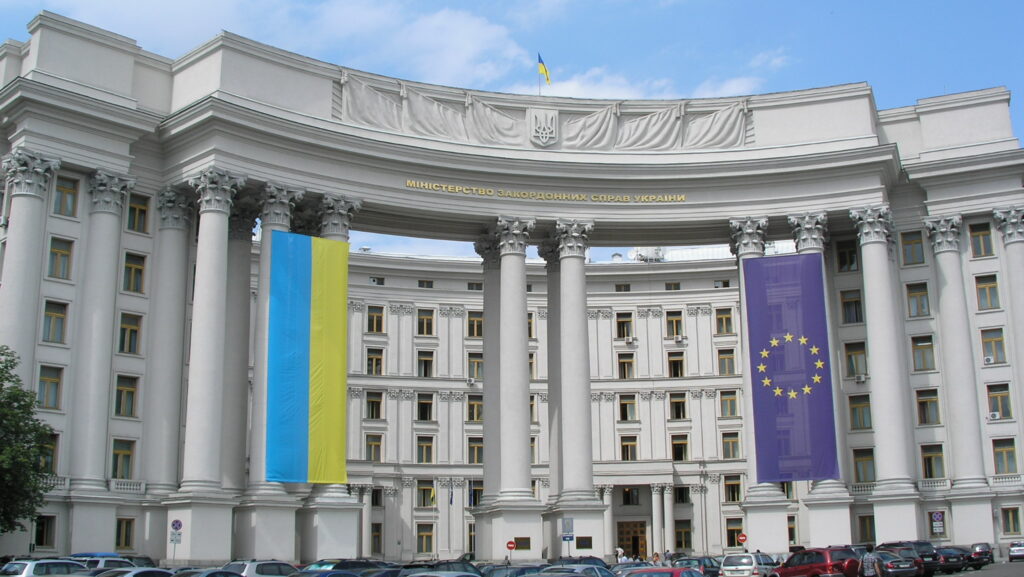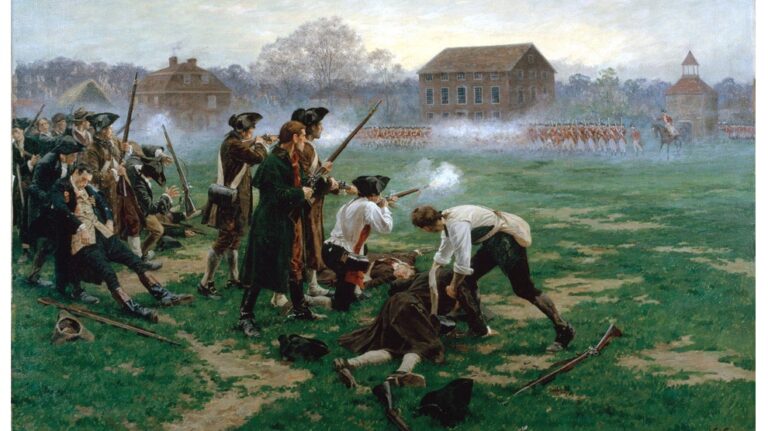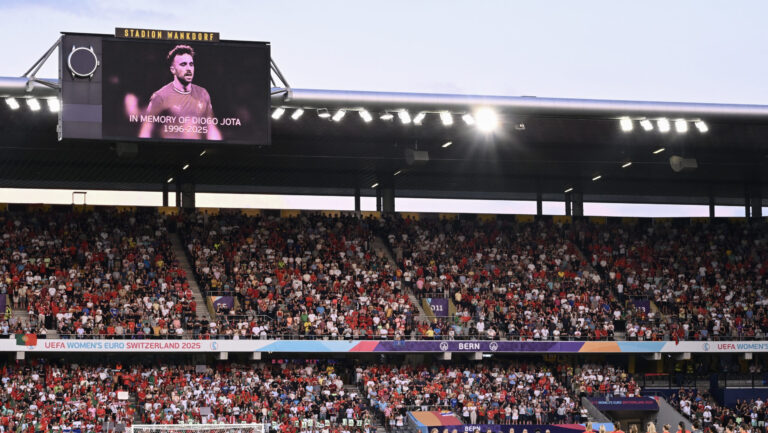Earlier this month, Hungary Today published an interesting interview with Czech Cardinal Dominik Duka. The prelate directly addressed the Hungarian nation, declaring: ’You have saved Europe!’, a sentence that is close to becoming a catchphrase in the Hungarian media.
Throughout his work as a cardinal and clergyman, Dominik Duka has been a great advocate of improving Hungarian–Czech church relations. He allowed the introduction of Hungarian language masses in Czechia and secured a church for the Hungarian community in the country. Duka also organised a special vigil for Cardinal József Mindszenty on the 60th anniversary of the 1956 revolution.
Dominik Duka (1943-) served as the Archbishop of Prague from 2010 until his retirement in 2022. He secretly joined the Dominicans in 1968 when the order was still in illegality under the state socialist rule in Czechoslovakia. He became a priest in 1970, but five years later, the Communist government revoked his authorisation to work as a priest, so until the regime collapsed, he was employed as a designer in the Plzeň Škoda factory. Duka, however, continued to preach and teach theological seminars in secret and was also elected as a Vicar Provincial.
The courageous Catholic priest also became active in the publishing of illegal samizdat literature. Both due to his religious activities and his written works, in 1981 he was sentenced to 15 months of incarceration. In the Bory Prison he
Duka served his sentence alongside the future president of Czechia, Václav Havel.
His spirit and dedication to God were not broken in the prison either—he kept conducting masses for his prison mates that he disguised as occasions of a chess club. A couple of years ago, in an interview with Mandiner, he said: ‘My personal experience is, as someone who also suffered imprisonment for the sake of justice, is that the question often arises: “who is really the prisoner?”. It was not clear whether it was us or those who were looking at us from the other side of the bars.’
After the system change, the era of religious freedom brought the serviceman his well-deserved honours. He rose to being President of the Conference of Major Superiors of the Czech Republic. He served as a bishop of his hometown, Hradec Králové between 1998 and 2010, that is until he was appointed Archbishop of Prague. In 2011, Duka presided at the funeral liturgy of his former prison mate, Václav Havel. In 2012, he became a cardinal, while in 2013 he attended the papal conclave that elected Pope Francis to be the head of the Roman Catholic Church.
Duka should also receive credit for being involved in the materialisation of a compensation plan between Czechia and the Christian churches in the country for the properties that were nationalised under Communist rule. Prague was late compared to other Central European countries to reach an agreement on this issue with the representatives of various Christian denominations.
In the interview with Hungary Today Duka described the religious revival of Central Europe and of Czechia after the fall of the Berlin Wall. He reminded of the difficulties of the early years of practising the newly earned freedom, as there were few churchmen available to preach the gospel and teach in schools. He highlighted that in a short while after the regime change a quarter of a million people were baptised into the church, many of whom were adults.
The interview also covered migration, in relation to which Duka thanked Hungary, pronouncing the sentence quoted in the title of this article. It must be noted that Duka and his church are committed helpers of genuine refugees. The Catholic Charity in Czechia is the largest charitable organisation in the country that also deals with immigrants. Duka has therefore been involved in the humanitarian side of migration, and based on first-hand experience, has emerged as a critic of illegal migration. Duka, at the same time, highlighted in the interview that migration is just as much a political and security issue as a charity issue. The cardinal also emphasised the work done by churches across the Visegrád Four countries, highlighting
Hungary’s as the forerunner in evangelisation.
He also underlined that he participated in meetings held by Hungary Helps three times in Budapest discussing how to address humanitarian issues related to migration.
The cardinal also took a stance on the issue of the separation of church and state. He declared: ‘On some issues, the Church should have its own voice, namely when it defends fundamental values. But to put out documents that advocate certain hypotheses, such as climate change, I do not think it is appropriate.‘ Duka argued that in some matters, that are usually interpreted as political, the church must have something to say, but careful balancing is much needed.

